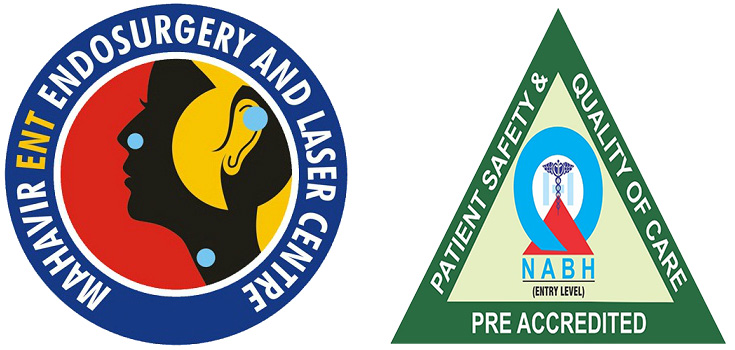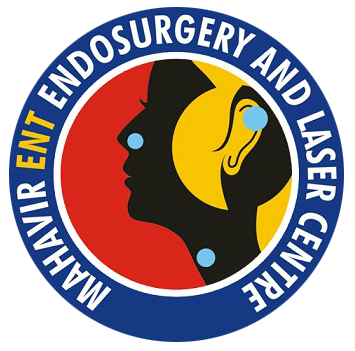Vertigo
Services > Vertigo
- Vertigo
- Ear Wax
- Ear Pain
- Ear Infections
- Ear Cholesteatoma
- Acoustic Neuroma
- Torn Ear Lobes
- Perforation In Ear
- Ototoxicity
- Otitis Media
- Mastoiditis
- Hearing loss
- Foreign bodies in the ear
- Rhinoplasty
- Breathing Problems
- Foreign bodies in nose
- Nasal Bone Fracture
- Nasal Septum
- Nasal Polyp
- Nasal Deformity
- Nosal Allergy Clinic
- Nose Bleeding Treatment
- Sinus Treatment
- Chronic Sinusitis
- Adenoidectomy
- Voice Disorders
- Salivary gland problems
- Papillary Thyroid Carcinoma
- Oral and Throat problems
- Laryngeal Vocal Nodules
- Laryngeal Vocal Cord Palsy
- Foreign body in esophagus
- Foreign body in bronchus
- Difficulty in Swallowing
- Cancer of the Larynx
- Sleep Apnea
- Snoring Treatment
- Head & Neck Cancer
- Thyroid Cancer / Papillary Carcinoma
About Vertigo
Vertigo is a symptom, rather than a condition itself. It’s the sensation that you, or the environment around you, is moving or spinning.
This feeling may be barely noticeable, or it may be so severe that you find it difficult to keep your balance and do everyday tasks.
Attacks of vertigo can develop suddenly and last for a few seconds, or they may last much longer. If you have severe vertigo, your symptoms may be constant and last for several days, making normal life very difficult.
Other symptoms associated with vertigo may include:
- Loss of balance – which can make it difficult to stand or walk
- Feeling sick or being sick
- Dizziness
Vertigo is commonly caused by a problem with the way balance works in the inner ear, although it can also be caused by problems in certain parts of the brain. Causes of vertigo may include:
- benign paroxysmal positional vertigo (BPPV) – where certain head
- movements trigger vertigo
- migraines – severe headaches
- labyrinthitis – an inner ear infection
- vestibular neuronitis – inflammation of the vestibular nerve, which runs into the inner ear and sends messages to the brain that help to control balance.
Some cases of vertigo improve over time, without treatment. However, some people have repeated episodes for many months, or even years, such as those with Ménière’s disease.
There are specific treatments for some causes of vertigo. A series of simple head movements (known as the Epley manoeuvre) is used to treat BPPV.
Medicines, such as prochlorperazine and some antihistamines, can help in the early stages or most cases of vertigo.
Many people with vertigo also benefit from vestibular rehabilitation training (VRT), which is a series of exercises for people with dizziness and balance problems.
Depending on what’s causing your vertigo, there may be things you can do yourself to help relieve your symptoms. Your GP or the specialist treating you may advise you to:
- do simple exercises to correct your symptoms
- sleep with your head slightly raised on two or more pillows
- get up slowly when getting out of bed and sit on the edge of the bed for a minute or so before standing
- avoid bending down to pick up items
- avoid extending your neck – for example, while reaching up to a high shelf
- move your head carefully and slowly during daily activities
- do exercises that trigger your vertigo, so your brain gets used to it and reduces the symptoms (do these only after making sure you won’t fall, and have support if needed).

